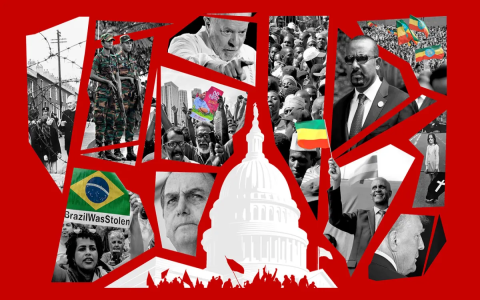So, you’re thinking about traveling when there’s a big election happening somewhere? Yeah, lots of folks do it. And many just think, ‘Oh, I’ll just avoid the big noisy crowds.’ If only it were that simple, right?
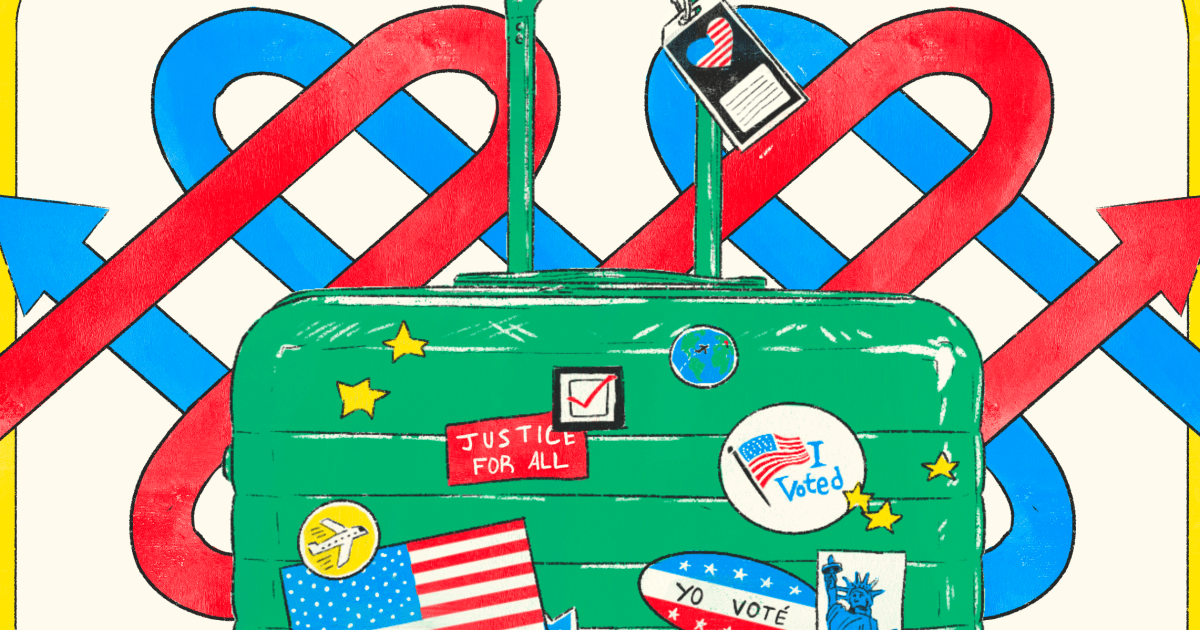
I used to be a bit like that, I confess. Thought a bit of common sense was all you needed. Pack your bags, keep your head down, sorted. But then, I took this trip to a place known for its pretty passionate politics, right in the middle of a really heated election cycle. It wasn’t exactly planned that way, just how the timing worked out for some work I had to get done there. And let me tell you, that trip really opened my eyes. It wasn’t always about big demonstrations on every street corner, not at all. It was often the subtle things, the undercurrent, the stuff you don’t really see on the international news that can properly mess up your travel plans, or worse, put you in an awkward spot.
So, here’s what I actually started doing after that bit of a wake-up call:
First off, research became my absolute best friend.
And I don’t just mean looking up the best tourist spots or where to get a good coffee. Nah, I started properly digging into local news sites – even if I had to struggle through with an online translator. I really wanted to get a feel for what was actually going on, you know? Which groups were involved, where the potential tension points were, that sort of thing. I’d also make it a habit to check my own government’s travel advisories, not just once before I left, but regularly, because believe me, things can shift incredibly fast.
Flexibility became totally key.
I learned the hard way that having super rigid plans is just asking for trouble. During that particular trip I mentioned, a whole district I needed to get to got cordoned off with absolutely no warning. My pre-booked meeting was right in there! Luckily, I’d sort of half-thought about a ‘what if’. So now, I always try to book flights and hotels with good cancellation or change policies. I also mentally prepare a Plan B, and sometimes even a Plan C for my daily movements if I’m somewhere a bit volatile.
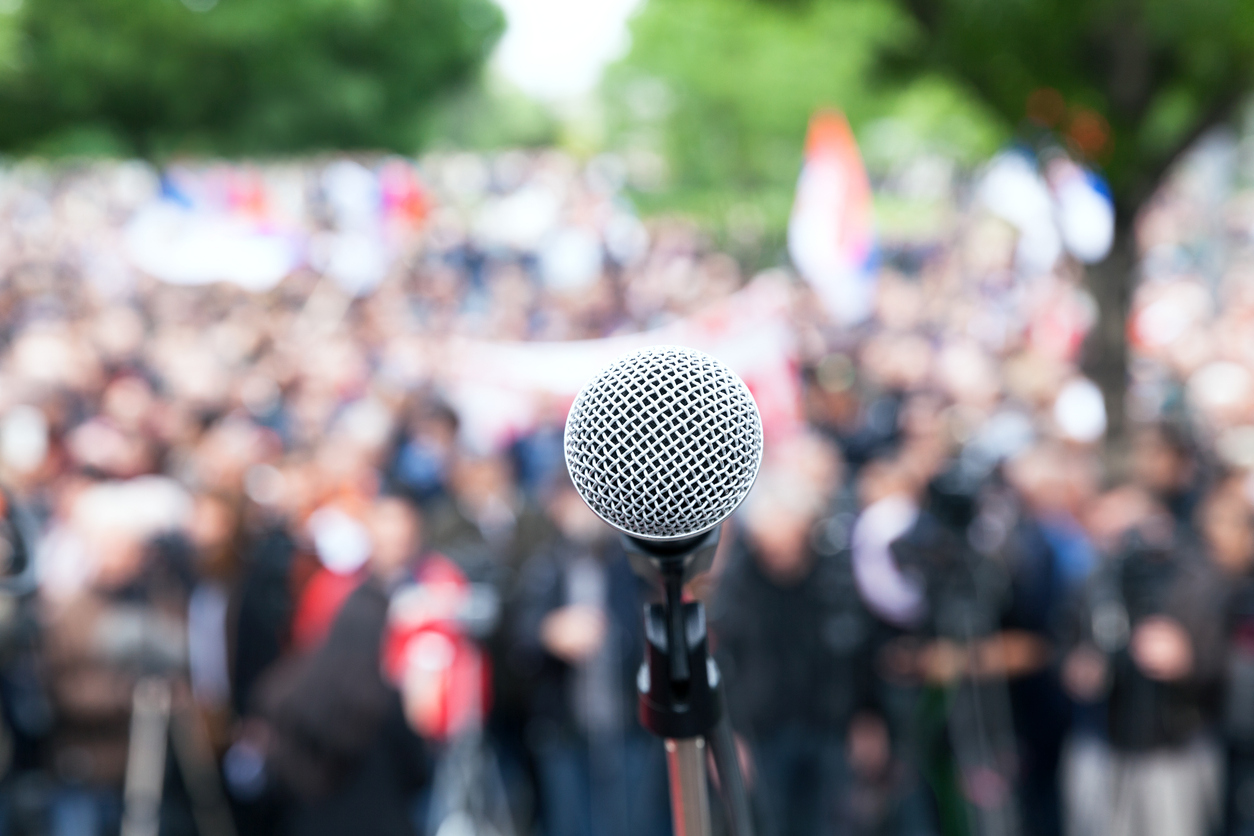
I learned to keep a super low profile.
-
This meant ditching any flashy tourist gear. I started making an effort to dress more like the locals, or at least stick to neutral, unremarkable clothes. No loud brand logos, no expensive-looking watch or jewelry flashing around. Just blend in.
-
I also got real conscious about not looking obviously lost or like a bewildered outsider, even if I was feeling a bit that way inside. I’d try to figure out my route before I even stepped out of my hotel, not standing on a busy street corner staring at a map on my phone like a beacon.
-
And absolutely, positively, I learned not to get drawn into discussing local politics. With anyone. Seriously. Taxi drivers, hotel staff, people in a cafe. You just don’t know who you’re talking to or what their views are, and frankly, it’s not your place to comment when things are sensitive.
Communication channels were a big one I focused on.
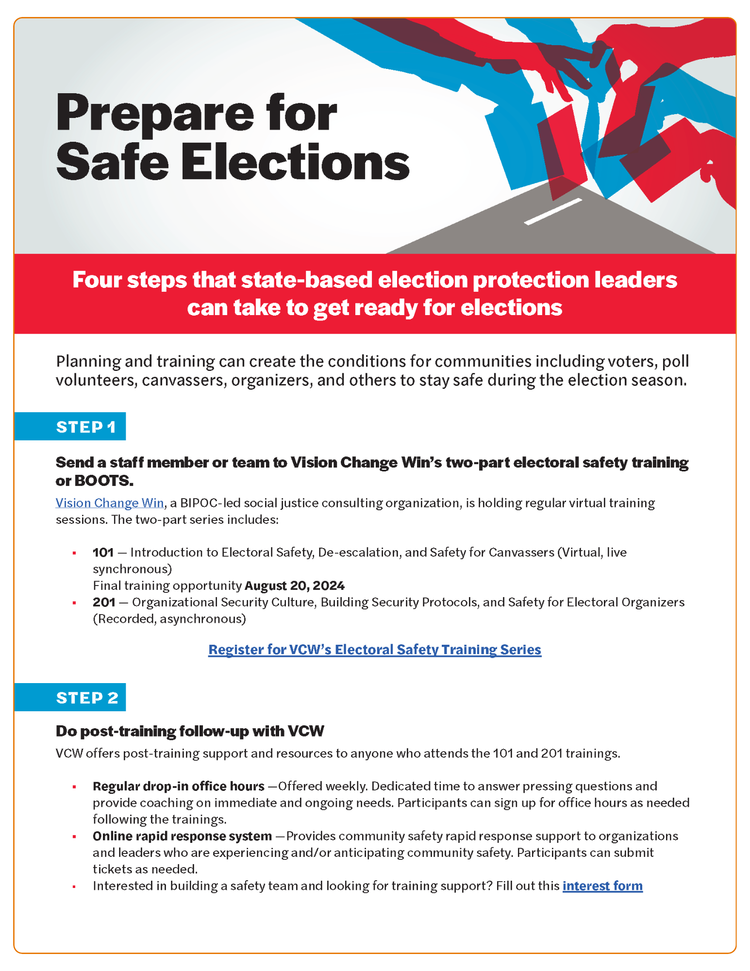
I made it a strict point to get a local SIM card as soon as I landed, or at least make sure my home plan had good roaming. Relying only on spotty hotel Wi-Fi? Not the smartest move when you need to stay updated or contact someone. I’d also make sure someone back home knew my rough itinerary and I’d check in with them regularly. And I always, always save the local emergency numbers and my embassy’s contact details in my phone, and also jot them down on a piece of paper tucked in my wallet, just in case.
Cash, believe it or not, became important.
I quickly figured out that ATMs can go offline, or banks might suddenly have very limited hours if there’s any kind of civic disruption. So, I started carrying a bit more emergency cash than I usually would, split up and hidden in different places in my bags and on my person. Not a massive fortune, but enough to get me through a few days for food, water, or a taxi if electronic payment systems went down.
Understanding the general vibe.
This is a bit harder to put into words, but I learned to just… observe. Really watch how local people are behaving. Are the streets unusually empty for that time of day? Are shops pulling their shutters down earlier than usual? You can pick up on the atmosphere if you’re paying attention. If things feel tense or ‘off’, trust your gut feeling and maybe just decide to have a quiet day, stick close to your accommodation, or change your plans.
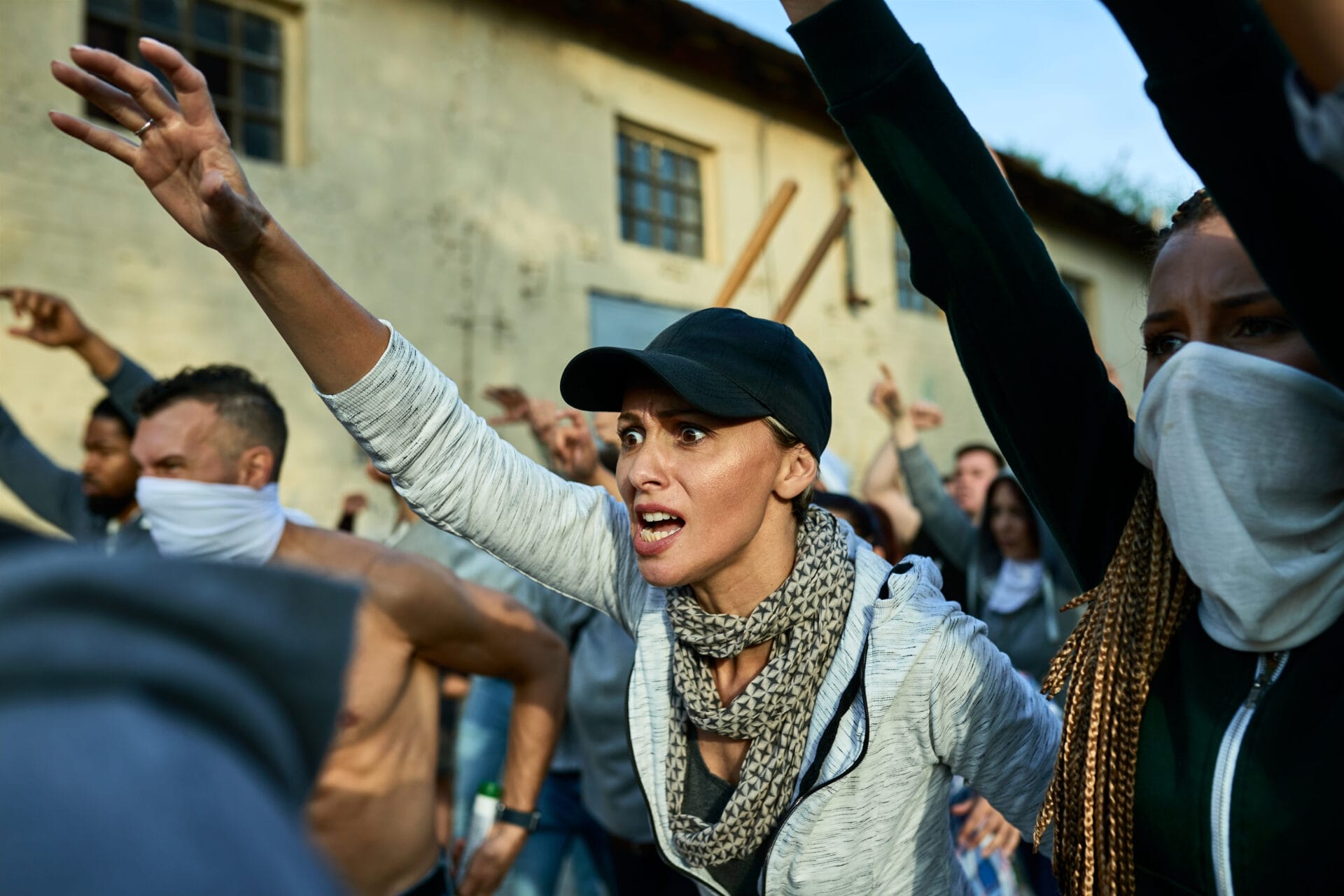
Registering with my embassy or consulate.
I used to think this was a bit over-the-top, something for hardcore adventurers. Not anymore. If things get really hairy, that’s one of the main ways your government knows you’re in the country and might need assistance or information. It usually takes about five minutes to do online before you travel, and it’s just a smart, simple precaution I take now, especially if I know I’m heading into a potentially sensitive environment.
You might be sitting there thinking, ‘Wow, that sounds like a lot of fuss just for a trip.’ And yeah, maybe it is a bit. But after that one work trip where I saw public transport completely shut down without any prior notice, and simple things like grabbing dinner became a real mission because everything was suddenly closed due to an unexpected curfew I hadn’t known was announced… well, let’s just say I much prefer to be a little over-prepared than to be caught out and stressed. It wasn’t like I was in some action movie, dodging danger around every corner. It was more about the sheer disruption, the gnawing uncertainty, and the sharp realization of how quickly your well-laid travel plans can go completely sideways if you’re not actively paying attention to the bigger picture. I was supposed to be there for a specific project, and the election fallout nearly derailed the whole thing. I think I lost a couple of perfectly good work days just trying to navigate the local shutdowns and figure out how to get around. That whole hassle taught me more practical lessons than any glossy travel guide ever could have.
So yeah, traveling during elections is definitely doable. You just gotta be smart about it, do your homework thoroughly, and be genuinely ready to adapt your plans at a moment’s notice. It’s less about fearing the unknown and much more about respecting the local situation and just being properly prepared. That’s pretty much how I’ve managed to keep my trips relatively smooth, or at least manageable, even when things on the ground are a bit politically charged.

